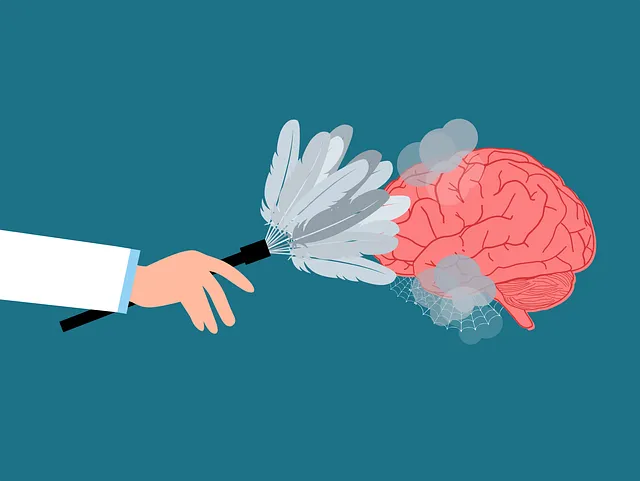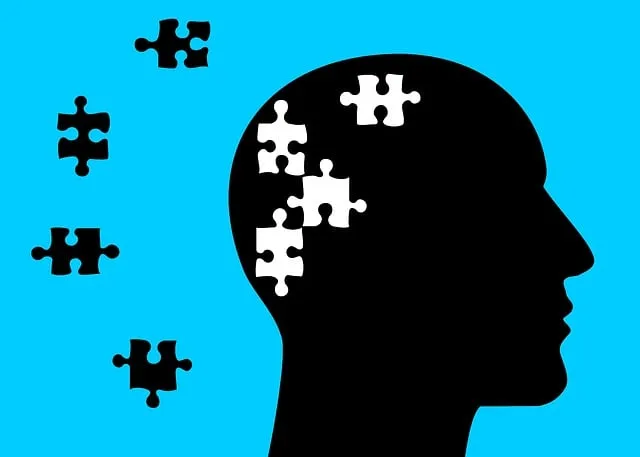Litttleton Kaiser Permanente is redefining mental health care by integrating social skills training into their comprehensive coverage, addressing a critical gap in traditional therapy. Their initiatives, including Crisis Intervention Guidance and Mental Wellness Journaling, empower patients with essential social skills for better communication, relationship building, and mood management. This holistic approach goes beyond basic care, revolutionizing mental health journeys, challenging stigma, and enabling individuals to lead more fulfilling lives.
Social skills training is a powerful tool for managing mental health conditions, fostering better relationships, and improving overall well-being. This article explores the intricate link between social interactions and mental health, highlighting why supportive training is crucial. We delve into the role of Littleton Kaiser Permanente mental health coverage in funding such initiatives, focusing on their impact and accessibility. Additionally, we provide insights into implementing effective programs tailored to diverse conditions, offering a comprehensive guide for enhanced mental health support.
- Understanding the Link Between Social Skills and Mental Health
- The Role of Littleton Kaiser Permanente Mental Health Coverage in Funding Supportive Training
- Implementing Effective Social Skills Training Programs for Diverse Conditions
Understanding the Link Between Social Skills and Mental Health

The connection between social skills and mental health is a crucial aspect often overlooked in traditional treatment approaches. Many mental health conditions can significantly impact an individual’s ability to interact and connect with others, leading to feelings of isolation and exacerbating existing symptoms. For instance, someone suffering from anxiety disorders might find social gatherings overwhelming, while individuals with depression may struggle to initiate or maintain conversations, creating a cycle of loneliness and disengagement.
At Littleton Kaiser Permanente, understanding this link has prompted the integration of social skills training into their mental health coverage. This approach acknowledges that improving one’s ability to navigate social situations can be transformative for overall mental wellness. A comprehensive Mental Health Policy Analysis and Advocacy initiative has been developed to ensure that these skills are taught alongside more traditional therapeutic methods, offering a holistic treatment plan. Crisis Intervention Guidance and Mental Wellness Journaling Exercise Guidance are also valuable tools to support individuals in cultivating healthier social interactions and enhancing their overall resilience.
The Role of Littleton Kaiser Permanente Mental Health Coverage in Funding Supportive Training

Littleton Kaiser Permanente’s mental health coverage plays a pivotal role in funding supportive training programs that cater to individuals with various mental health conditions. This healthcare provider’s commitment to comprehensive care ensures that patients have access to essential services aimed at improving their overall well-being. By covering such training, they enable individuals to develop crucial social skills, fostering better interactions and promoting self-care routine development for better mental health.
These supportive trainings are not just about enhancing communication; they equip participants with strategies for effective mood management. In a world where mental health awareness is increasingly recognized, these initiatives by Littleton Kaiser Permanente prove instrumental in creating a supportive environment, empowering individuals to take control of their mental health journeys and lead more fulfilling lives.
Implementing Effective Social Skills Training Programs for Diverse Conditions

Social skills training programs play a pivotal role in supporting individuals with various mental health conditions, including depression and anxiety disorders. These interventions are designed to enhance communication, interpersonal relationships, and social interaction abilities, which are often affected by mental illness. The effectiveness of such programs lies in their adaptability to cater to diverse needs; for instance, group therapy sessions can be tailored for specific age groups or conditions, such as those offered at Littleton Kaiser Permanente under their mental health coverage.
Incorporating evidence-based techniques, these training initiatives focus on improving emotional healing processes and fostering a sense of belonging. By learning effective communication strategies, individuals can navigate social situations with more confidence, reduce feelings of isolation, and enhance overall well-being. Mental health awareness campaigns that include such training are game-changers in the battle against stigma, promoting understanding and support for those dealing with depression prevention and management challenges.
Social skills training plays a pivotal role in enhancing mental well-being, particularly for individuals managing various conditions. By addressing the often overlooked social aspect of healthcare, programs like those funded by Littleton Kaiser Permanente mental health coverage can significantly improve patients’ lives. These training initiatives cater to diverse needs, ensuring that everyone receives tailored support. Through comprehensive and accessible training, people with mental health conditions can develop essential skills to navigate social interactions, foster meaningful connections, and ultimately, promote their overall mental health and recovery.






